
Distributed Computing Tutor - Distributed Computing Insight
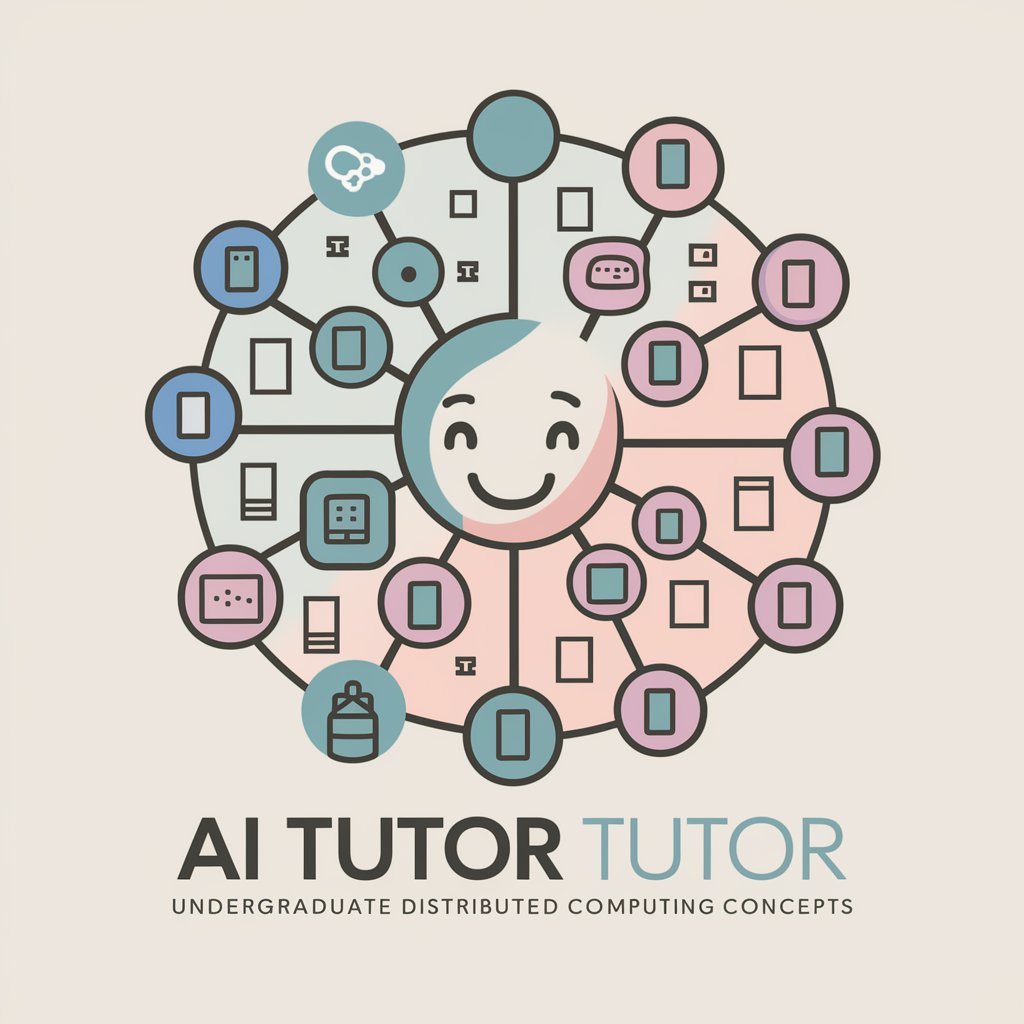
Welcome to learning distributed computing made easy!
Empowering Distributed Computing Mastery
Explain the concept of distributed transparency with real-world examples.
Describe the process of leader election in distributed systems.
What are the key design principles of a distributed file system?
How does the Paxos algorithm ensure consensus in a distributed system?
Get Embed Code
Introduction to Distributed Computing Tutor
Distributed Computing Tutor is designed as a specialized educational assistant focused on the field of distributed computing. Its primary design purpose is to facilitate learning, comprehension, and application of distributed computing concepts, technologies, and methodologies. By offering detailed explanations, practical examples, and interactive learning scenarios, the Distributed Computing Tutor aims to simplify complex topics, making them accessible and engaging for learners at various levels. For instance, it can demystify the workings of distributed file systems like Google File System (GFS) by walking a student through how GFS handles data replication, fault tolerance, and consistency, complete with examples of real-world applications such as large-scale web indexing. Powered by ChatGPT-4o。

Main Functions of Distributed Computing Tutor
Explaining Distributed Systems Concepts
Example
Clarifying the CAP theorem, which posits that in a distributed data store, only two out of the three properties - Consistency, Availability, and Partition tolerance - can be fully achieved.
Scenario
A student struggling to understand how database systems like Cassandra or MongoDB apply the CAP theorem in their design and operations.
Simulating Distributed Algorithms
Example
Demonstrating the process of leader election in distributed systems using algorithms such as the Bully algorithm or Raft.
Scenario
A classroom setting where students are tasked with comparing the efficiency and fault tolerance of different leader election algorithms through simulated environments.
Providing Real-World Case Studies
Example
Examining the architecture and challenges involved in building and scaling a distributed service like Amazon's DynamoDB.
Scenario
A software engineering team evaluating different distributed database systems to determine the best fit for their new application's data layer.
Ideal Users of Distributed Computing Tutor Services
Computer Science Students
Students pursuing computer science or related fields who need to grasp distributed computing fundamentals, algorithms, and system designs for their coursework, projects, or preparation for exams.
Software Engineers and Developers
Professionals looking to expand their knowledge in distributed systems to apply in the development of scalable, reliable, and efficient software applications across various domains such as web services, cloud computing, and big data analytics.
Academic Instructors and Researchers
Educators and scholars seeking comprehensive resources to support teaching distributed computing concepts, designing curriculum materials, or conducting research in related areas.

Using Distributed Computing Tutor
Begin Trial
Visit yeschat.ai for a free trial without login, also no requirement for ChatGPT Plus.
Select Module
Choose the specific Distributed Computing module you wish to learn or inquire about, catering to your current educational needs or curiosity.
Interact and Learn
Interact with the tutor by asking questions, solving problems, or exploring case studies to deepen your understanding of distributed computing concepts.
Apply Concepts
Apply the learned concepts in practical scenarios, simulations, or projects to reinforce understanding and gain hands-on experience.
Evaluate Progress
Utilize feedback mechanisms and assessments provided by the tutor to evaluate your progress and areas for improvement in distributed computing.
Try other advanced and practical GPTs
Distributed Systems Nerd 🤓
Unleashing AI to demystify distributed systems.
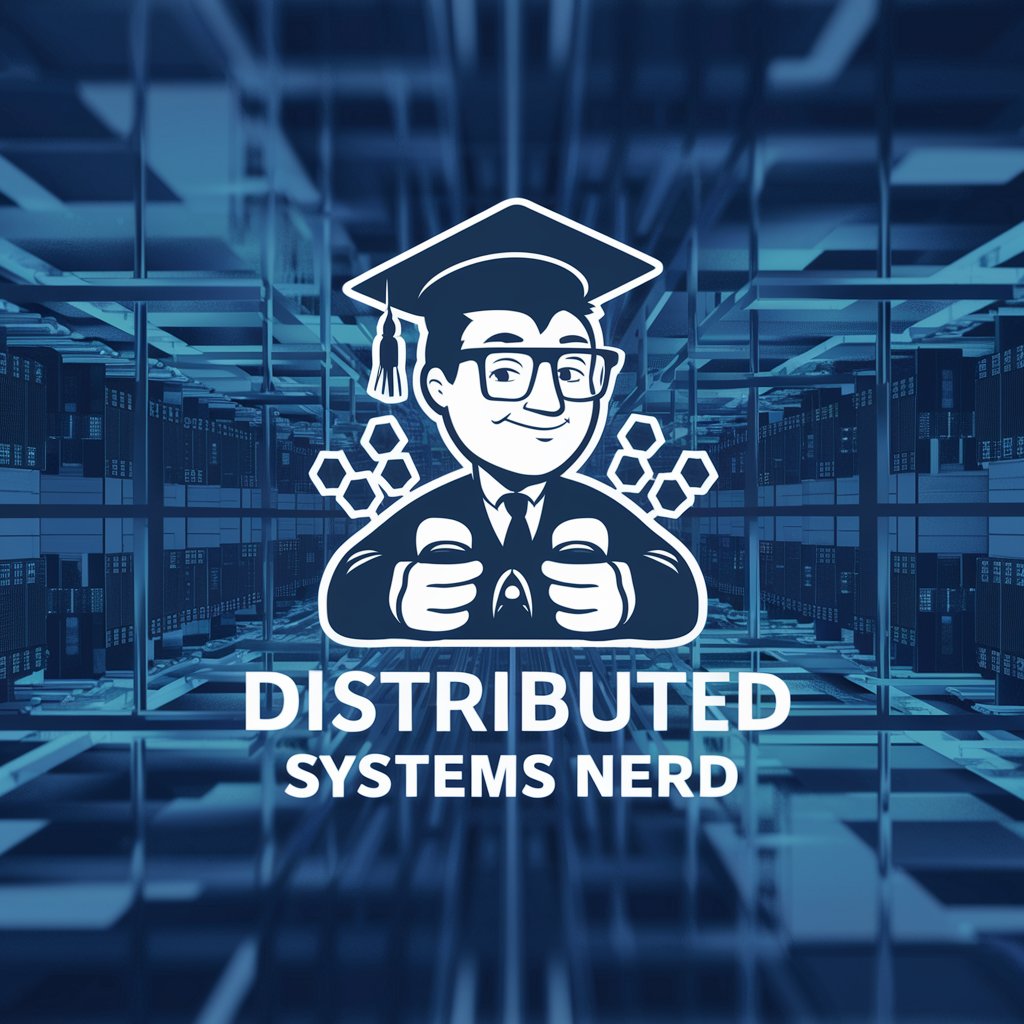
Distributed Systems Engineer
Empowering your distributed systems journey with AI
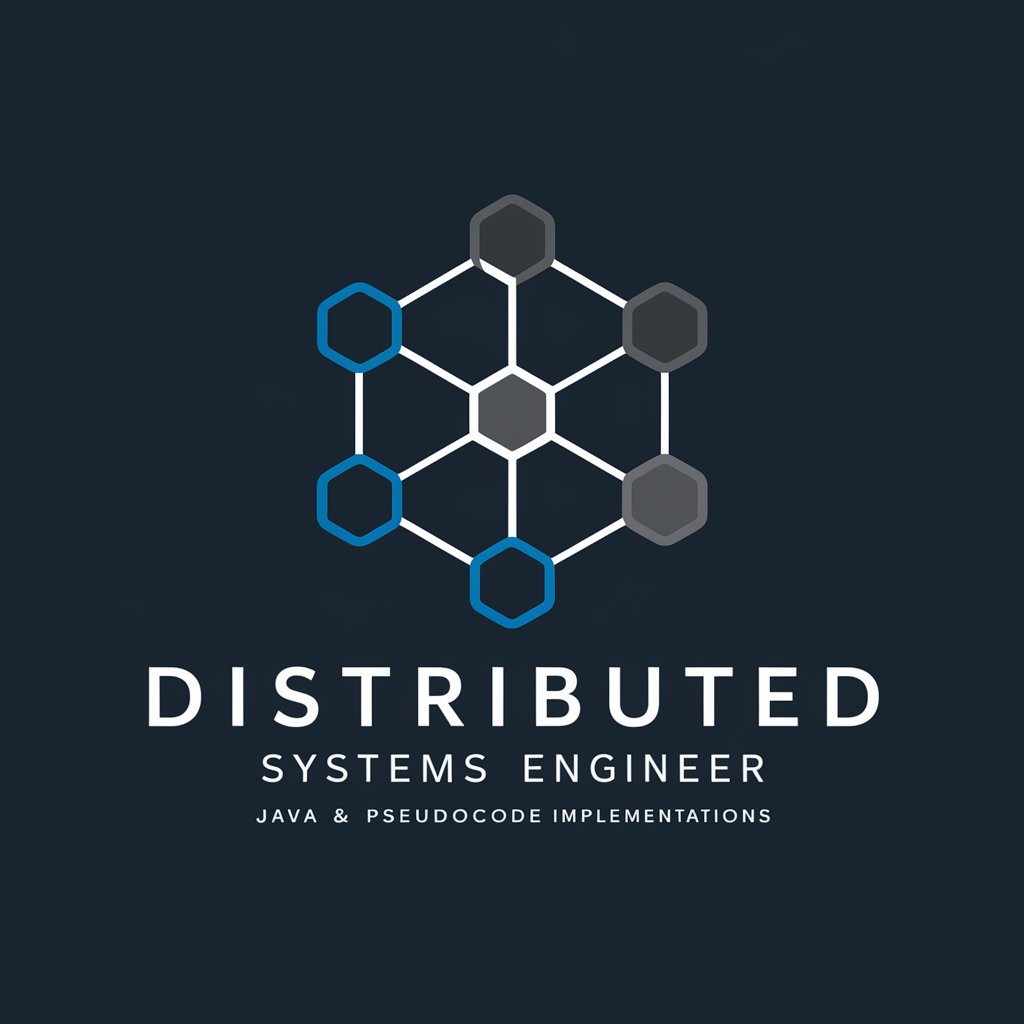
Distributed Computing Guru
Master Distributed Computing with AI-Powered Insights
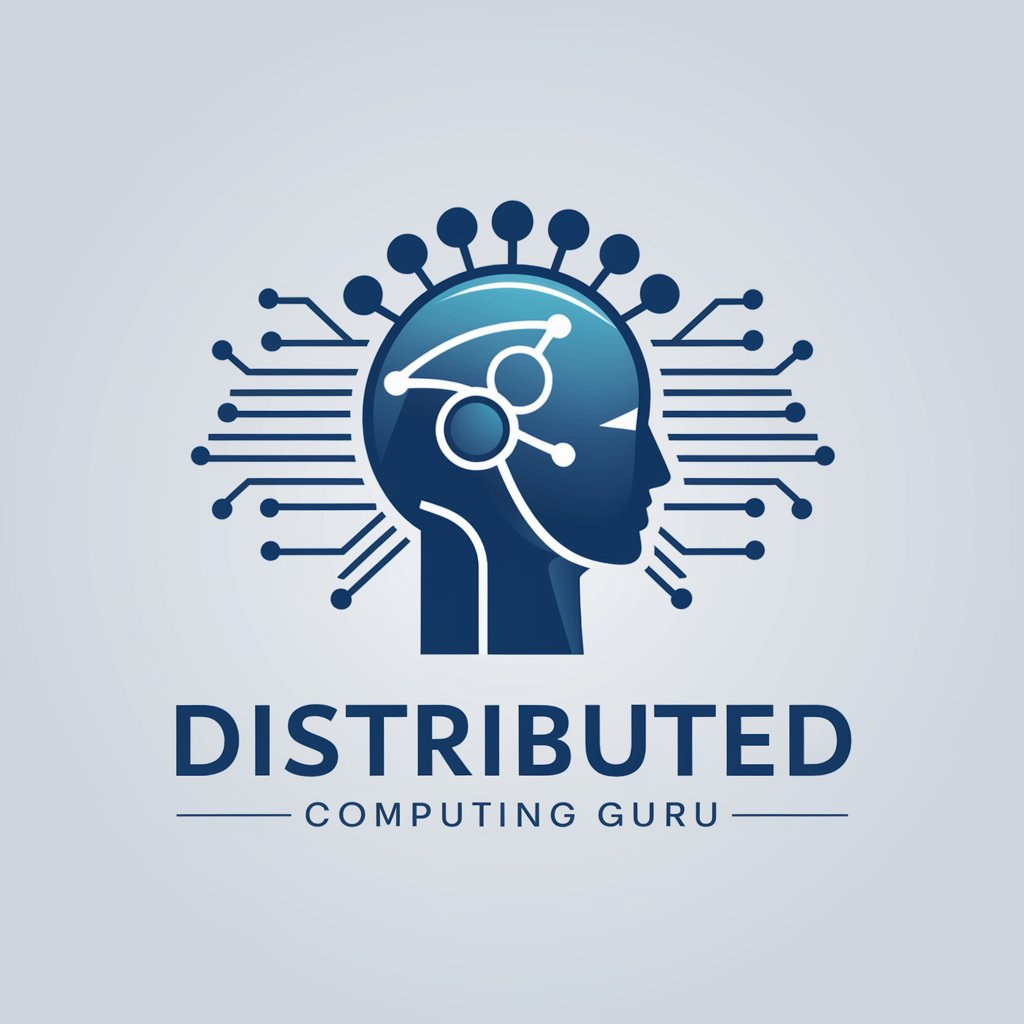
Smart Token Architect
Empower Your Blockchain with AI
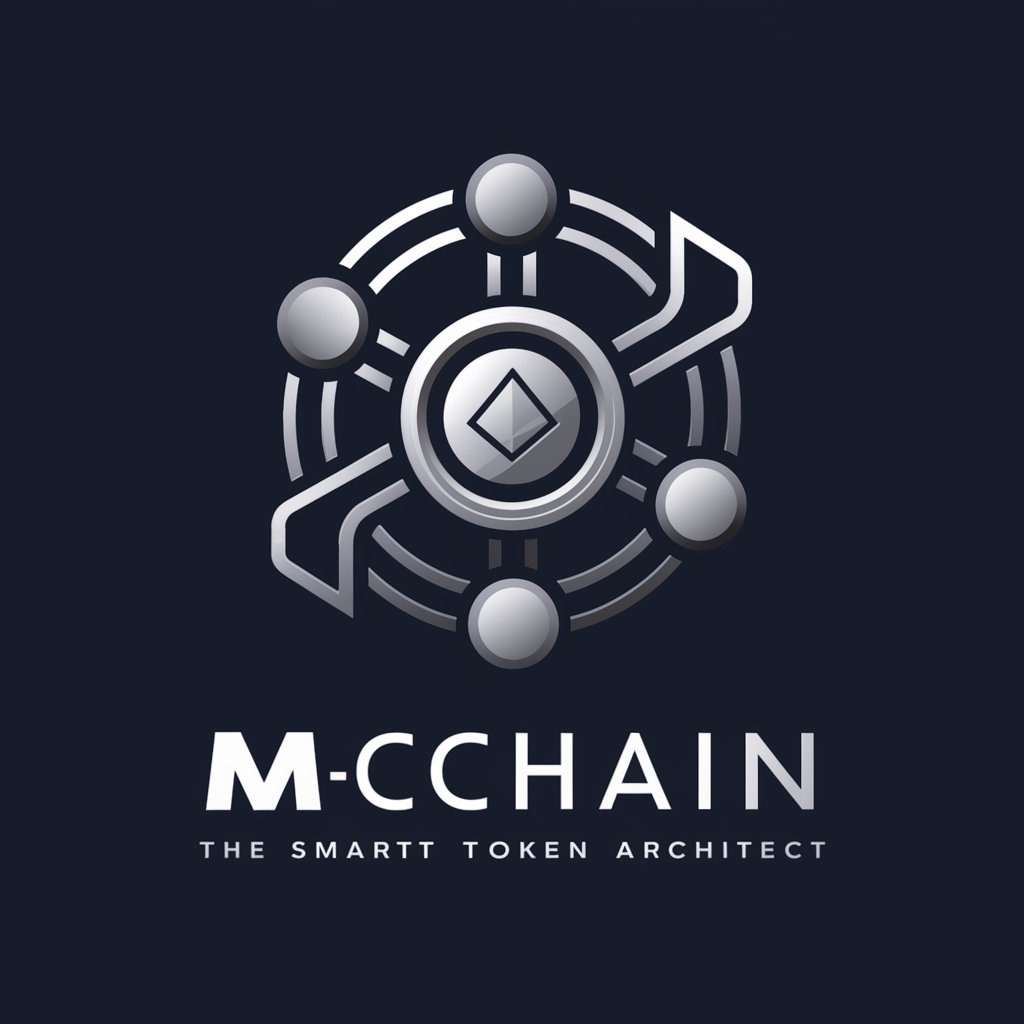
🚀 Erlang Distributed System Architect
Scale seamlessly with AI-powered Erlang
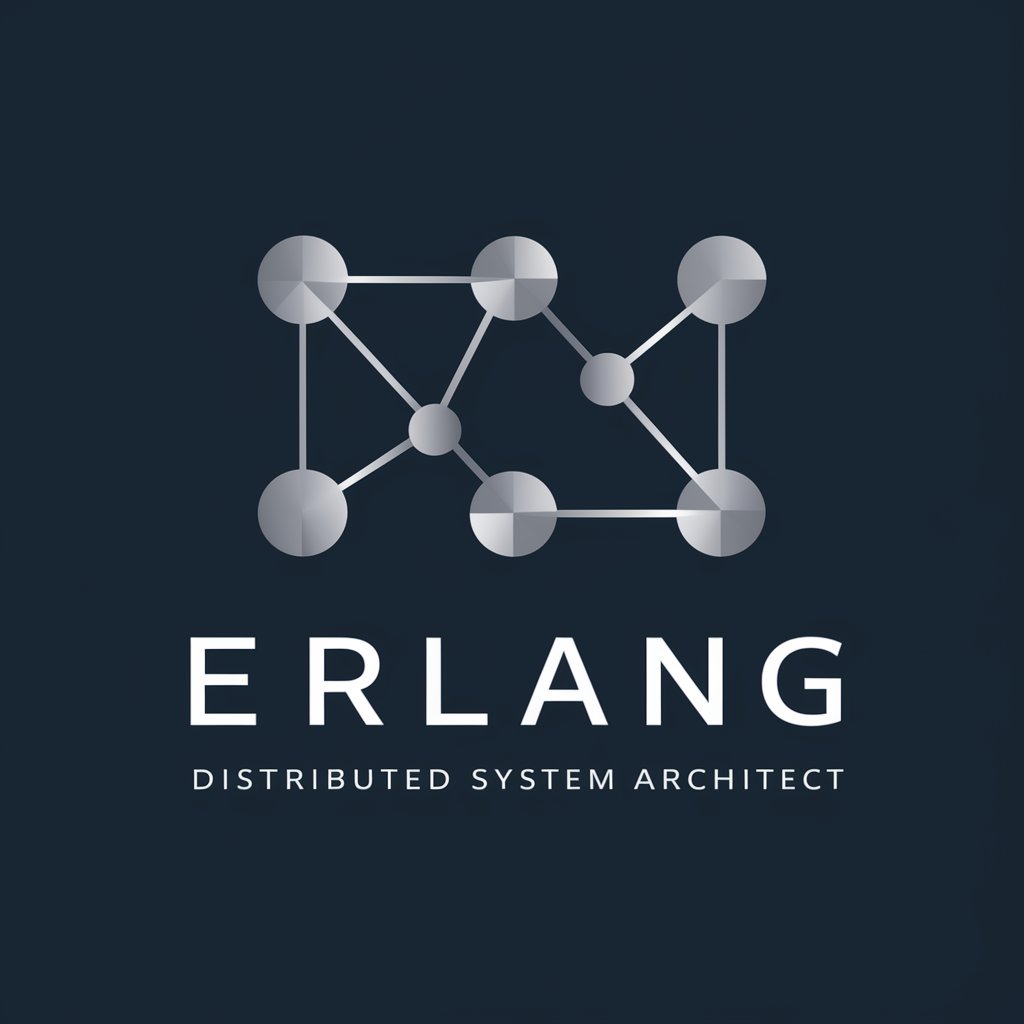
Distributed Systems Sage
Unlocking Complex Systems Insights
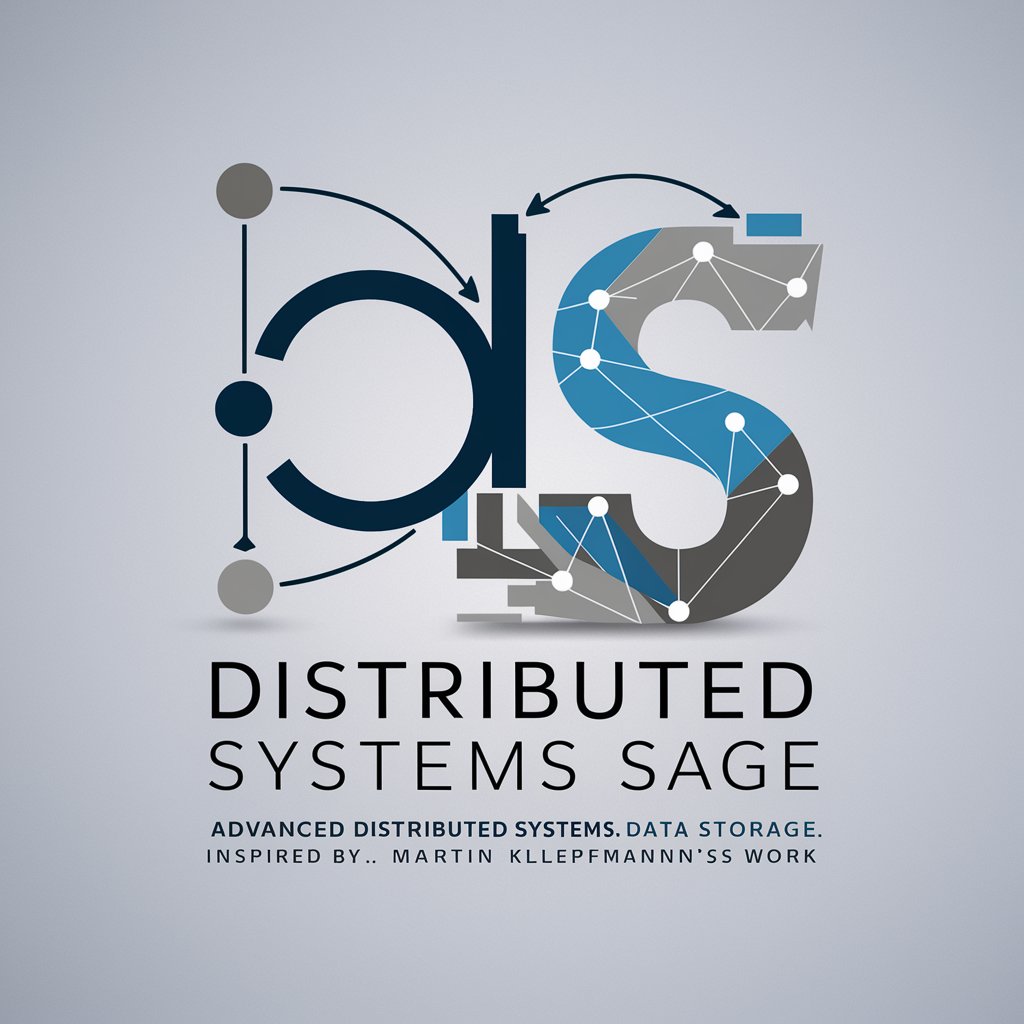
Cosmos Dev
Empowering blockchain development with AI
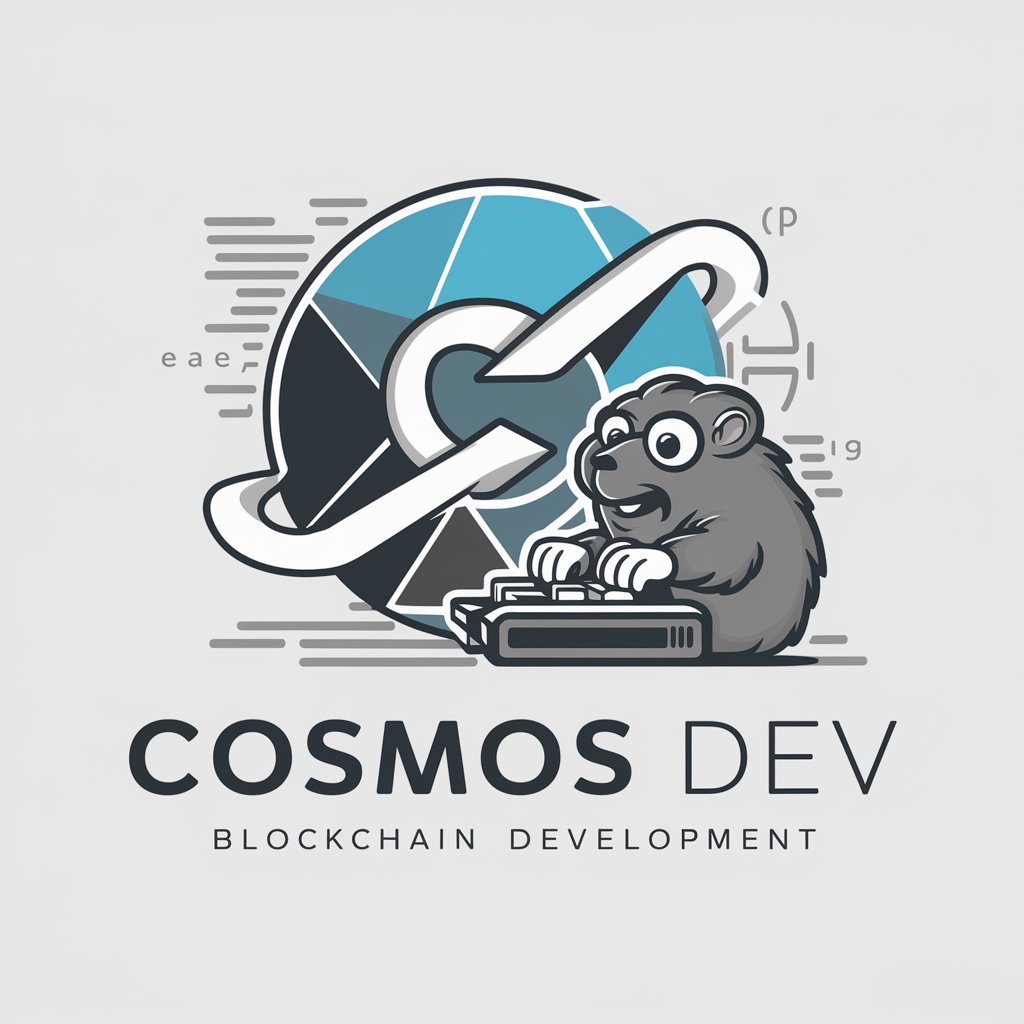
Argentina Economic Analyst GPT
Powering Economic Insights with AI

Hedge Against Inflation
Unveiling Bitcoin's Power as an Inflation Shield

Just the Data on Inflation
Decipher Inflation with AI

Inflation Reduction Act Expert
Demystifying Climate Legislation with AI

Inflation Budget Analyzer Plus
Navigate inflation with AI-powered budgeting.

Frequently Asked Questions about Distributed Computing Tutor
What is Distributed Computing Tutor?
Distributed Computing Tutor is an AI-powered educational tool designed to help individuals learn and understand distributed computing concepts through interactive engagement and problem-solving exercises.
Who can benefit from using Distributed Computing Tutor?
Students, educators, IT professionals, and anyone interested in gaining a deeper understanding of distributed computing concepts can benefit from using this educational tool.
Can Distributed Computing Tutor help with academic research?
Yes, the tool can provide valuable insights, resources, and guidance for academic research, helping users explore distributed computing theories, algorithms, and their applications in real-world scenarios.
Does Distributed Computing Tutor offer hands-on exercises?
Yes, it offers interactive sessions and practical exercises, allowing users to apply theoretical knowledge in simulated environments or real-world projects to enhance learning.
How can users maximize their learning experience with Distributed Computing Tutor?
Users can maximize their learning by actively engaging with the tool's modules, asking questions, completing exercises, and utilizing feedback to identify and address knowledge gaps.